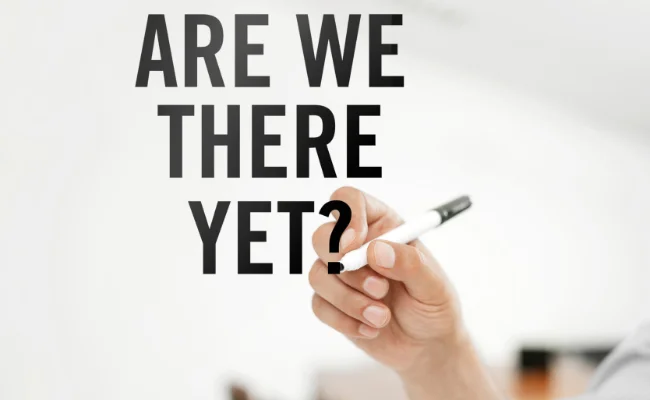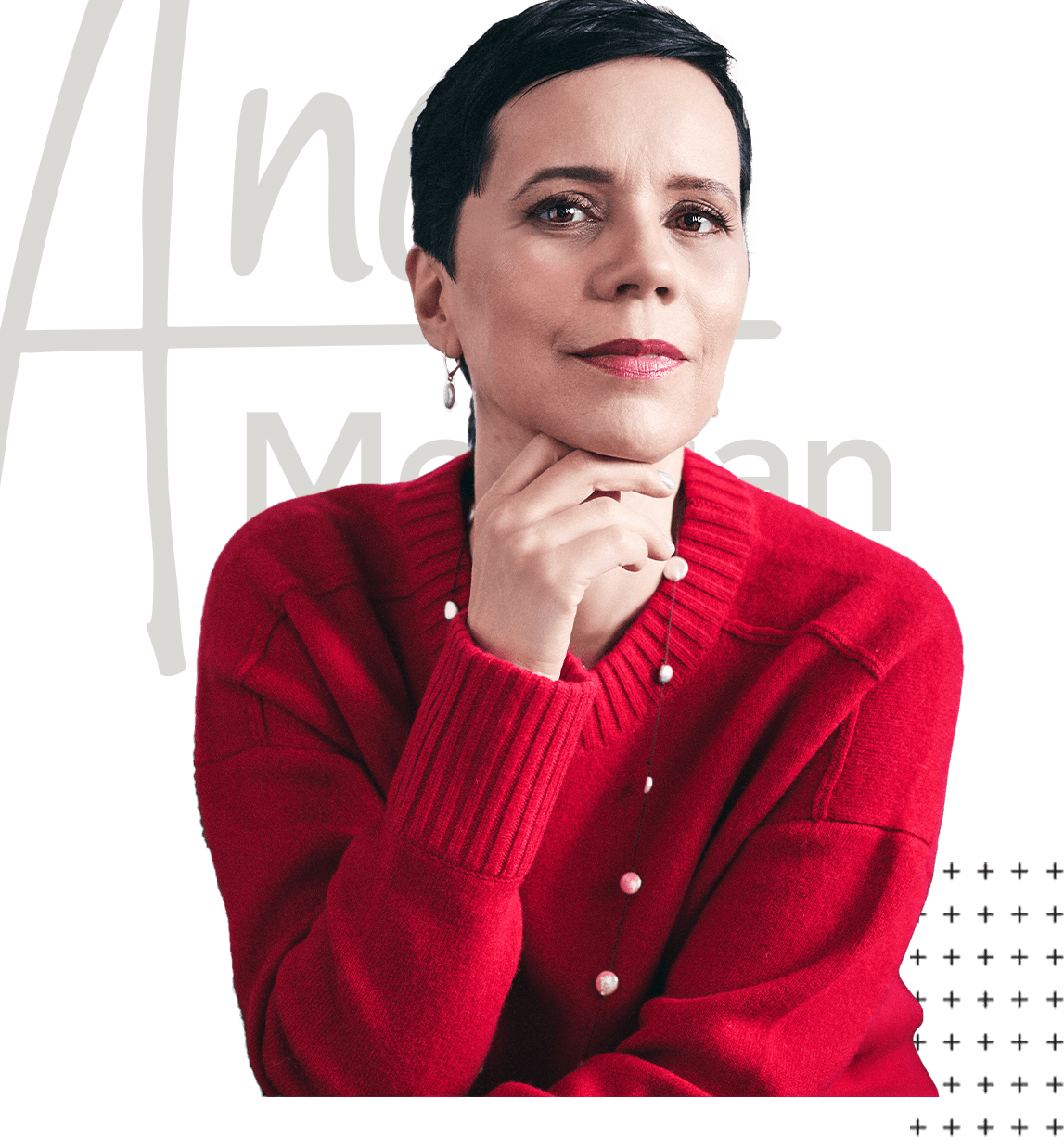Navigating the Juggling Act of Life & Being a Life-long Learner with Jen Mott
“It’s never too late to learn.” – Jen Mott, Ed.D.
Have you ever had a conversation with a circus performer? I have! I spoke with Jen Mott, teacher and professional juggler, among other talents.
Jen is a diligent life-long learner and champion for channeling the inner child. We discuss:
- Embracing the student mindset in life and business
- The power of adding “yet” to sentences
- Benefits of the student/learner mindset
Embracing the student mindset in life and business

An end-all-be-all state of knowledge and competence does not exist—there’s always more to learn, earn, and discover.
That fact can feel daunting. Or, we can choose to embrace the mindset of discovery and lean into curiosities. The possibility that there’s always more to learn can become exciting instead of intimidating.
“I think we all have a lot to offer to the world.” Jen shares.
Letting ourselves explore facets of our personalities and interests takes courage, but the results are always worth it. Jen tried to keep her circus life separate from her teaching life at first, fearing the students would not take her seriously.
“As I grew into myself, and who I was, and learned, and was encouraged by others to not hide that [her performing], and that it’s actually an advantage, and is a memorable trait,” Jen continues, “it's something that I can show students—you can have different lives, you can have different interests, and they all make up who you are.”
Jen has even incorporated her circus talents into her keynotes. Through audience participation, she guides people to unlock their potential. Participants attempt feats they never thought would be possible for them.
“It's really important for us as adults to take the mindset of a student and as a learner, and remember what it's like to learn something new, and remind ourselves of what we're capable of because we brush ourselves off a little too frequently,” Jen explains.
We’re excellent at coming up with reasons to not do something when we’re afraid or unfamiliar with an experience—the truth is we are much more capable than we lead ourselves to believe.
The power of adding “yet” to sentences

We limit ourselves by worrying about not being ready for XYZ. The truth is, the only way to be ready for something is by doing it and finding out where you’re at.
“How much are we missing out on by not saying yes to different opportunities?” Jen poses, “What is that thing that you’re putting a limitation on?”
Telling ourselves that we don't have the time, money, space, or the capacity to try new things or invest in our curiosities cripples our potential. If it's something that you want to do and have a passion for, you can work at changing your mindset to one that supports the development of new capabilities.
“It's an incredible joy to see people in the space of workshops or speaking engagements where I get to have them try something, and they do it within 20 minutes.” Jen shares, “they're learning it or they're doing it, and seeing them smile and realize ‘wow, you know what, I have lost this hobby of mine and now I want to get back into it.’’
This mindset banks into the power of yet. I can’t do that yet. I don’t have the resources yet. Adding yet to sentences reframes the goal in our minds and motivates us to move forward, to revisit old passions and pursuits.
“I love encouraging others and joining them in that space of confusion or chaos or doubt. And being able to say, ‘you can do it, you just don't have the right tools yet.'” Jen explains.
Benefits of the student/learner mindset

Being a life-long learner and adopting the student mindset leads to opportunities you may never have considered.
Jen uses this mindset during her talks by recruiting audience members ahead of time and teaching them how to juggle, eat fire, and make balloon animals. During her presentation, she invites them to the stage.
“They [the audience] weren't just looking at me, the entertainer and speaker. They were looking at their own people, the people they work closest with.” Jen explains, “And they were up there demonstrating the talents they have learned over the last few weeks.”
It’s one thing to see a professional juggling flaming clubs, it’s another to see your coworker up there next to them doing it, too. It’s a reminder that anyone can reach out of their comfort zone and learn something new.
“That unlocking of their learning and other abilities is so amazing because then they think about the takeaways in their workplace.” Jen continues.
Keeping a student mindset opens up our perspective, and we can apply that to projects in the workplace, problems at home, or any number of tricky situations. A fresh view allows us to revisit them because we’ve opened up our capabilities.
In more specific terms, this type of activity triggers the Zone of Proximal Development —ZPD. Jen creates something that is a bit beyond the audience's comfort zone, without making it too difficult to figure out, within a structure that they can learn with her guidance—and from there, discover how to do something they thought was impossible for them to learn.
What have you been holding yourself back from? What limitations are you putting on yourself? Uncap your potential by cultivating the student mindset. You never know where it may take you!
Be sure to check out Jen’s full episode for more circus life lessons, and learn more about Jen on LinkedIn and her Cincinnati Circus profile.








